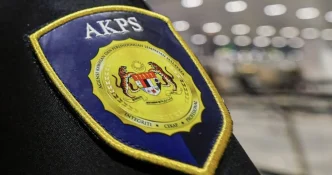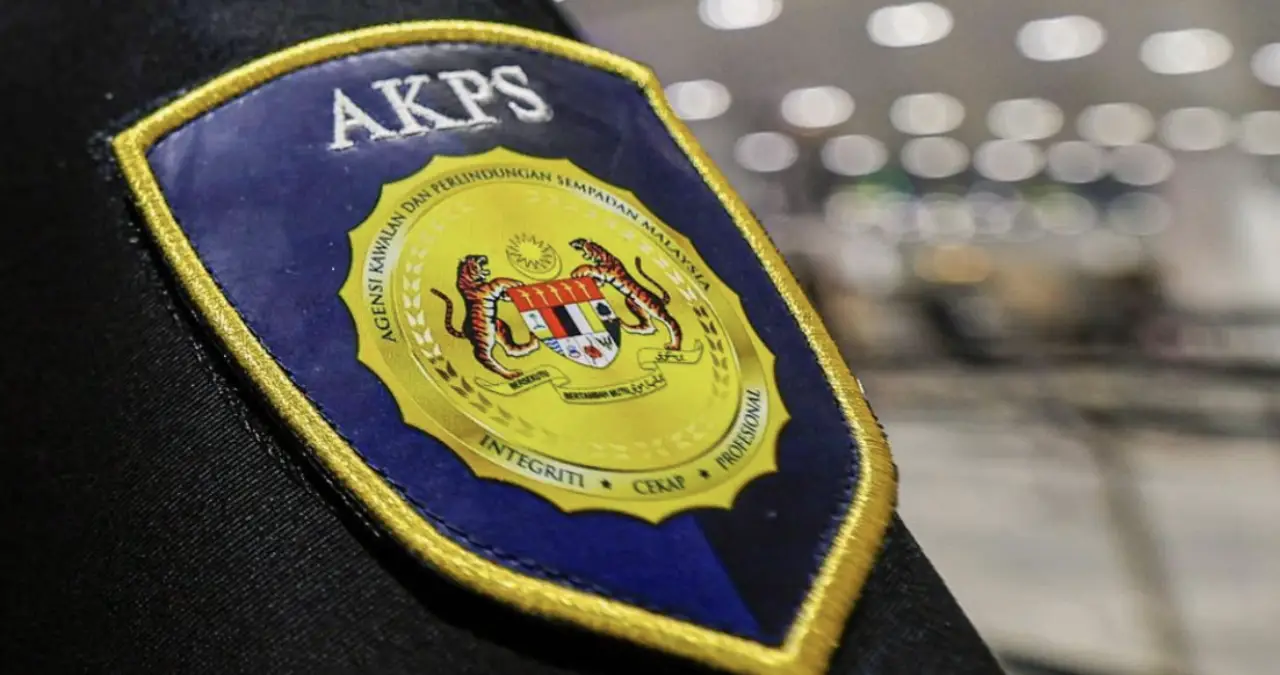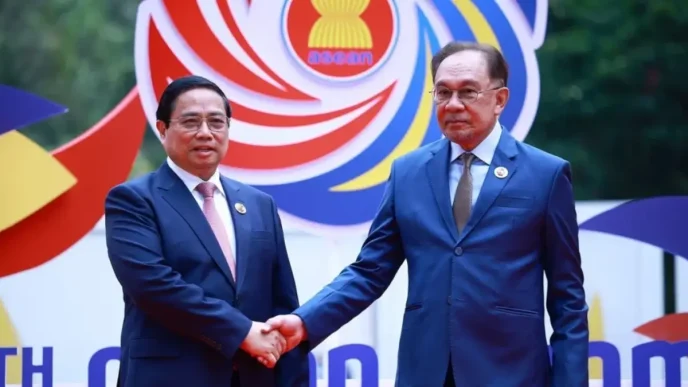Malaysian border officials have detained 13 foreign nationals at Kuala Lumpur International Airport (KLIA) Terminal 2, preventing their entry into the country after uncovering an attempt to bypass immigration protocols. The incident, which occurred on July 29, 2025, involved nine individuals from India and four from Pakistan, highlighting ongoing challenges in managing border security at one of Southeast Asia’s busiest transit hubs.
Details of the Detention
The Malaysian Border Control and Protection Agency (AKPS) reported that the 13 individuals were among 270 foreigners inspected on Tuesday, July 29. According to a statement released by the agency on July 30, the group consisted of eight men and one woman from India, along with four Pakistani men. The AKPS revealed that those from India were allegedly attempting to pose as newly arrived visitors by changing their clothing in the transit area to blend into the immigration inspection line.
“They were believed to have changed their clothes in the transit area to avoid identification, and then tried to rejoin the immigration inspection queue as if they had just landed” the AKPS stated. “However, all suspects were successfully identified and detained by MCBA personnel before they could pass through the immigration counters.”
The swift action by AKPS officers underscores the agency’s vigilance in identifying suspicious behavior at key entry points. While specific reasons for the detention of the Pakistani individuals were not disclosed in the statement, their inclusion in the group raises questions about coordinated efforts to circumvent immigration checks.
Strengthened Security Measures
In response to the incident, the AKPS has announced plans to intensify security protocols at KLIA. The agency will increase patrols in the transit area, enhance monitoring through closed-circuit television (CCTV) systems, and implement stricter checking procedures to prevent similar occurrences in the future. These measures aim to address vulnerabilities in the airport’s transit zones, which are often exploited by individuals seeking unauthorized entry.
“We urge those at KLIA to work with the authorities by reporting any suspicious behavior or movements of foreigners” the AKPS added in its statement. This call for public cooperation reflects a broader strategy to engage travelers and airport staff in maintaining border integrity, particularly at a time when Malaysia faces growing scrutiny over its immigration policies.
Broader Context of Immigration Challenges
The detention at KLIA comes amid heightened concerns over illegal immigration and human trafficking in Malaysia, a country that serves as both a destination and transit point for migrants across the region. Kuala Lumpur’s strategic location and well-connected airport infrastructure make it a focal point for international travel, but also a target for those attempting to enter the country unlawfully. Over the past decade, Malaysian authorities have repeatedly cracked down on immigration violations, often uncovering sophisticated networks that facilitate such activities.
While the AKPS did not specify whether the detained individuals were part of a larger operation, the incident highlights the complexities of managing border security in an era of increased global mobility. Malaysia has faced criticism in the past for its handling of migrant workers and refugees, with human rights groups pointing to harsh detention conditions and a lack of transparency in immigration enforcement. At the same time, the government has emphasized the need to protect national security and prevent illegal entry, particularly in light of regional challenges such as labor exploitation and cross-border crime.
The individuals detained on July 29 were stopped before they could exit the immigration counter, suggesting that current detection mechanisms at KLIA are effective to some extent. However, the attempt to disguise their status by changing clothing in the transit area indicates a level of premeditation that could point to deeper systemic issues. Transit areas, often less scrutinized than arrival or departure gates, remain a weak link in airport security protocols worldwide, and Malaysia is no exception.
Regional Implications and Public Response
The incident at KLIA also raises questions about the effectiveness of immigration policies across Southeast Asia, where porous borders and varying levels of enforcement create opportunities for exploitation. Neighboring countries like Thailand and Indonesia have faced similar challenges, with reports of forged documents and unauthorized entries at major airports. In Malaysia, the government has sought to balance its role as a regional economic hub with the imperative to secure its borders, often walking a tightrope between openness and control.
Public reaction to the AKPS’s actions has been mixed, based on local reporting. While some commend the agency for its diligence in preventing unauthorized entry, others express concern over the treatment of detained foreigners and the potential for profiling based on nationality. The AKPS has not released further details about the individuals’ intentions or the legal consequences they may face, leaving room for speculation about their motives and the broader implications of their detention.
For now, the agency’s focus appears to be on prevention rather than prosecution. By tightening security measures and encouraging public vigilance, the AKPS aims to deter future attempts to bypass immigration controls. Yet, as global travel continues to rebound post-pandemic, the pressure on border agencies to manage high volumes of passengers while maintaining strict oversight will only intensify.
Looking Ahead: Challenges for Border Security
The detention of 13 foreigners at KLIA serves as a reminder of the persistent challenges facing Malaysia’s border security apparatus. As the country positions itself as a key player in Southeast Asia’s economic and tourism sectors, ensuring the integrity of its entry points becomes paramount. The AKPS’s commitment to enhanced patrols and stricter checks signals a proactive approach, but questions remain about the sustainability of such measures in the long term.
Moreover, the incident underscores the need for regional cooperation to address the root causes of illegal immigration, such as economic disparities and conflict in migrants’ countries of origin. While Malaysia cannot solve these issues alone, partnerships with neighboring nations and international organizations could help mitigate the flow of unauthorized entrants and reduce the burden on local authorities.
As the situation at KLIA unfolds, the effectiveness of the AKPS’s new security protocols will be closely watched. For now, the agency’s actions have prevented a potential breach, but the broader battle to secure Malaysia’s borders is far from over. Whether these measures will deter future attempts or simply push violators to find new loopholes remains an open question.
















